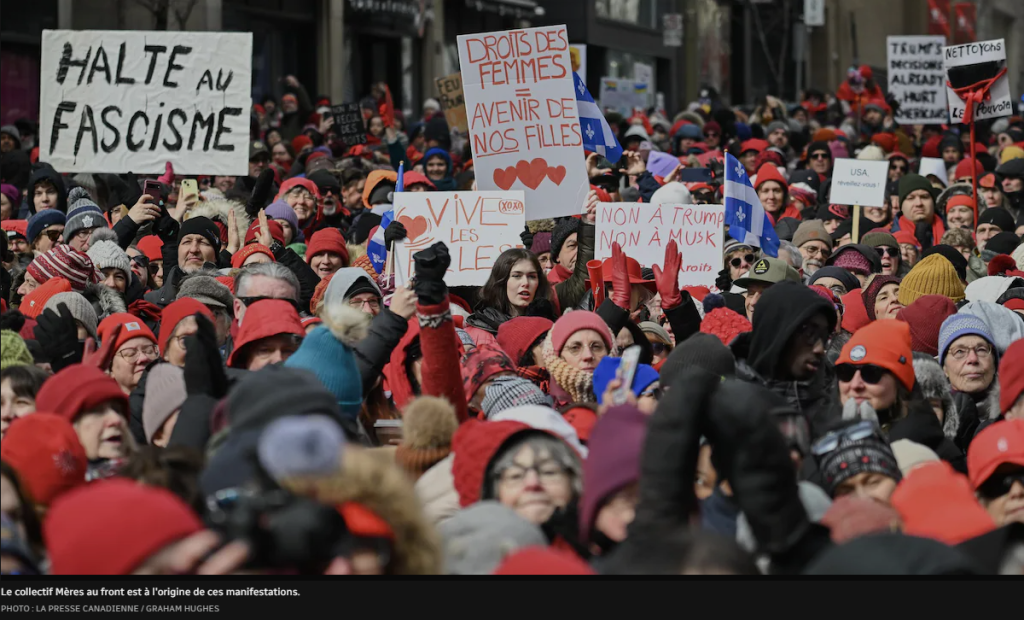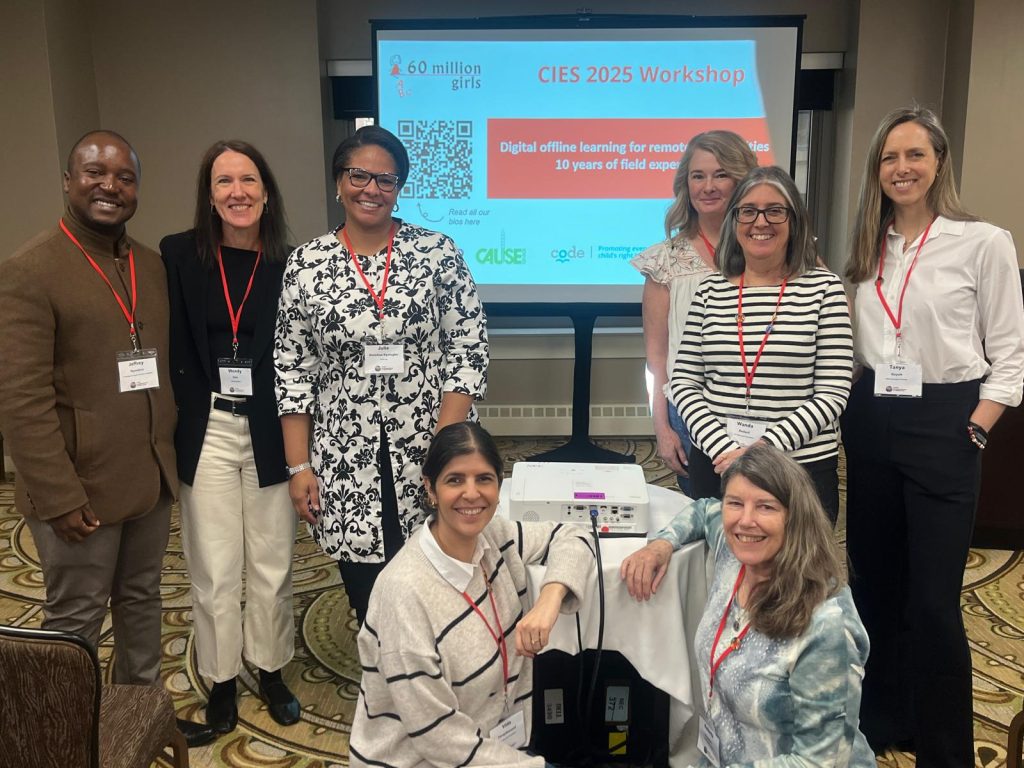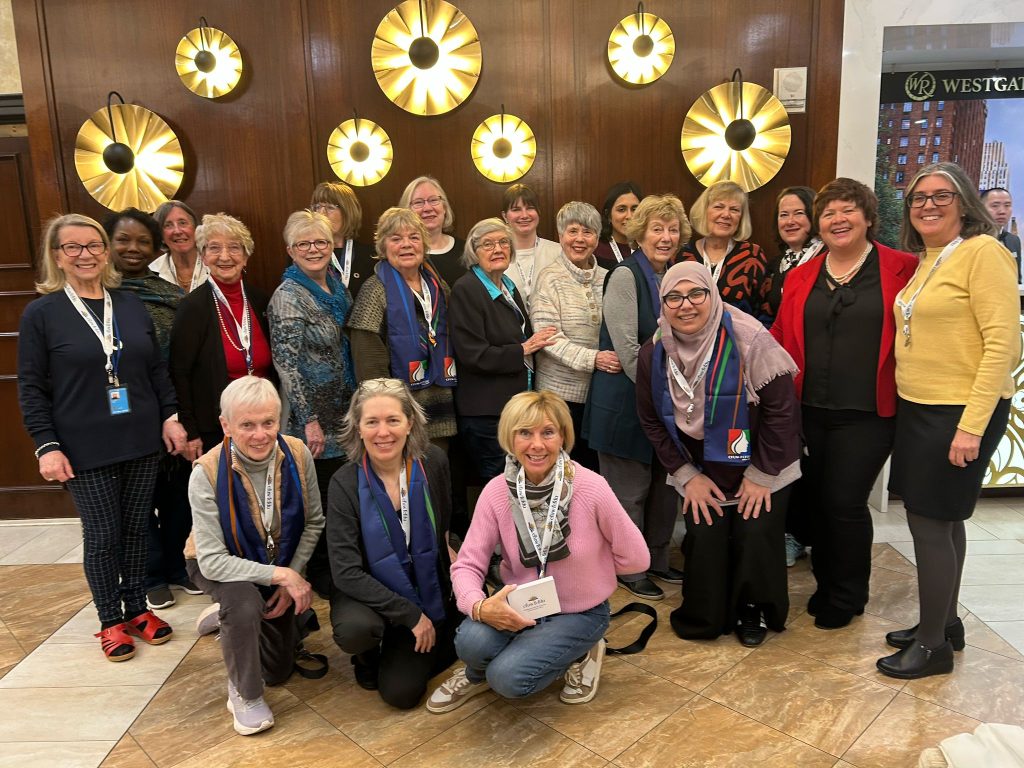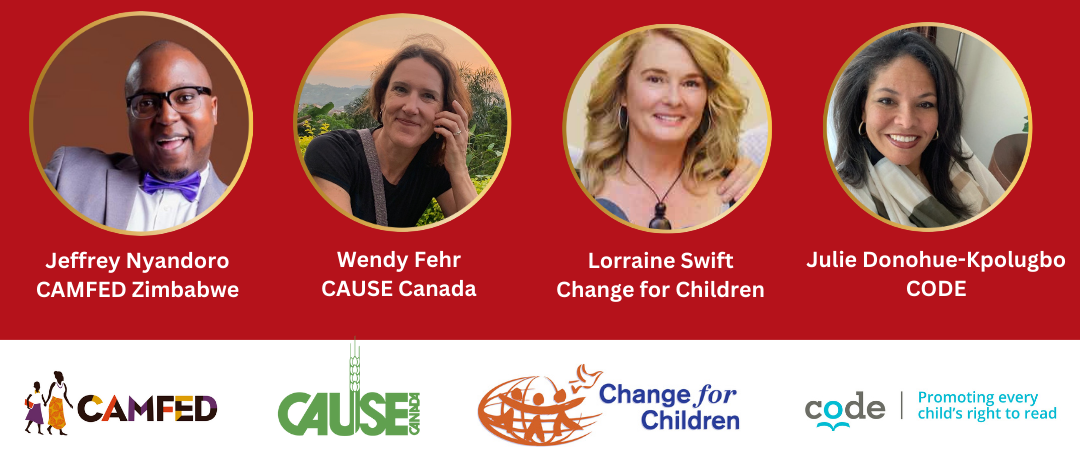April 2025
2024 was a record year for 60 million girls!
Thanks to your support, 2024 was a record fundraising year for 60 million girls. Well over our target of $300,000 was raised enabling us this year to consider investing what will be a record $400,000 for projects starting in 2025 and continuing on until December 2026.
This extra funding for girls’ education comes at an increasingly troubled time for women’s rights around the world.

There have been massive and brutal funding cuts from international aid agencies as well as the rollback of women’s rights by countries such as Afghanistan, new limits to women’s rights recently in Argentina and Hungary and, of course, in the US where words such as gender, equity and diversity are literally being wiped out from government websites.
My recent attendance at CSW69 at the UN gave me a close-up look at the impact of these cuts and unabashed misogyny happening around the world. Our voices need to be even louder to ensure girls and women rights are respected everywhere – for the sake of peace and sustainable development in our world and for the health of our planet.
Thank you for your belief in the transformative impact of education for girls!
Webinar invitation for RACHEL users
60 million girls is proud to present a webinar on our Climate Change Resource Database for RACHEL users.
This interactive workshop aims to present the 60 million girls’ Climate Change Resources database which houses a curated collection of learning resources, including audio, video, and reading materials. You will have the opportunity to familiarize yourselves with the available resources, engage with the database, and learn how to contribute to it to ensure it evolves into a dynamic, living document.
Date: Wednesday April 9th, 2025
Time: 11:30am-12:15pm EST
Location: Virtual (Zoom teleconference)
> Please register here: https://us06web.zoom.us/meeting/register/5H1hmq–QJmmTQimz41iAg
May 29th Luncheon for 60 million girls
Join us on Thursday May 29th for lunch at the Beaconsfield Golf Course for a discussion on the status of girls’ education in times of pushback against women’s rights.
Wanda Bedard and members of the 60 million girls team will share with you our most recent work, our 2025 projects and discuss just what the rollback of women’s rights in so many countries in the past months means for the girls we support.
Date: Thursday May 29th 2025
Time: Doors open at 11:30am.
Lunch will be served at noon. The event will finish by 1:30pm.
Location: Beaconsfield Golf Course – 49 Golf Ave, Pointe-Claire, Quebec H9S 4N6
Click here to purchase tickets ($150* each).
Please note:
- Dress code
- *A tax receipt of $50 will be issued on the purchase of each ticket to the person who purchased the ticket after the event.
Report on CSW69 NYC
By Wanda Bedard
 I was honoured to have been part of the CFUW delegation to the CSW69 (UN Council on the Status of Women) from March 9th to the 13th and to have been asked to participate as a panelist at a parallel session coordinated by CFUW and WGUSA (Women Graduates USA) on the topic of ‘’Supporting Girls Agency through a Quality Education’’.
I was honoured to have been part of the CFUW delegation to the CSW69 (UN Council on the Status of Women) from March 9th to the 13th and to have been asked to participate as a panelist at a parallel session coordinated by CFUW and WGUSA (Women Graduates USA) on the topic of ‘’Supporting Girls Agency through a Quality Education’’.
At the event, we showcased how the Mobile Learning Lab (MLL) has had a concrete and positive impact in more than 20 countries enabling over 700,000 students with access to the RACHEL to improve their math and literacy skills as well as increase their intrinsic motivation and self-confidence. This flexible model has been adapted to indigenous communities, for children living with disabilities, for teacher training, for self-directed learning, in class, after school, in displaced persons and refugee camps, at the primary, secondary and even at university level in teacher colleges.
I shouldn’t have been surprised at the overwhelming and positive response from the audience asking for more information on just how the RACHEL and MLL could work in their communities. From Ethiopia, to Burundi, South Korea, Sierra Leone, Malawi and more as well as from NGOs based in the US, Canada, Australia and Switzerland – the interest in what 60 million girls does is clear.
We look forward to developing these new connections to ensure yet more girls and boys have access to a quality education even in the most remote and vulnerable communities.
Report on CIES in Chicago
by Wanda Bedard
We just wrapped up a wonderful 5 days at the CIES conference in Chicago. Representing 60 million girls were Wanda Bedard, Vida Fereydoonzad, Tanya Guyatt and Roberta Thompson.

Since we were four members on our team, we were able to fan out to attend so many more of the hundreds of presentations offered. We learned a lot!
Probably one of the events that had the most direct and innovative impact to our work was the presentation on the use of AI in curating academic content. More specifically Learning Equality, the organization that developed KA Lite more than 10 years ago – the offline version of Khan Academy that we use extensively on the RACHEL in our MLLs – is now working on curating their more than 200,000 educational content items through AI to link this vast list of important programs to national curriculums to enable organization to find those that align accurately with their needs.
An example – a teacher in Sierra Leone can see what content is available to plan her lesson for a geography course for grade 2 students. Once the inquiry is made, a list of all potential content is shown. The teacher can then review the suggested items to determine what is best for her class. This alone saves hundreds of hours that would be necessary to manually go through long content lists to find contextually relevant content.
The beauty of the work that Learning Equality is doing is that all the content generated is always open source (free) and offline!
We also met a group from Brazil which has trained AI to be able to read a student text written by hand in Portugues by a child in primary school to evaluate it on the quality of the work. In effect, enabling a teacher to review and evaluate a great number of essays in much less time. The same applies to math work.
What impressed me even more than the academic possibilities of AI was the deep thought and rigorous design of these models to remove bias, be culturally sensitive, be specifically helpful to teachers and to have a rigorous quality control protocol reviewed by human experts in their field.
One of the greatest challenges for the use of AI in the countries where we work is the extremely small quantity of local digital content available to train the AI. With our partners, we will work to have new digital content shared openly to increase the volume for AI training to ensure always better quality output. The other pressing need is for quality localized content to be digitized and also shared. A big task but one I’m sure we’ll be working on with our amazing partners in the years to come!
Thank you to our partners for their thoughtful presentations on the use and impact of the MLLs over the last 10 years:
This workshop wouldn’t have been possible without the creativity and hard work since last September of our team. A big shout out to Aya, Naheed, Roberta, Tanya and Vida!
Follow us on Facebook, Instagram and LinkedIn for updates on developments around the world in education and educational technology and the activities of 60 million girls.



